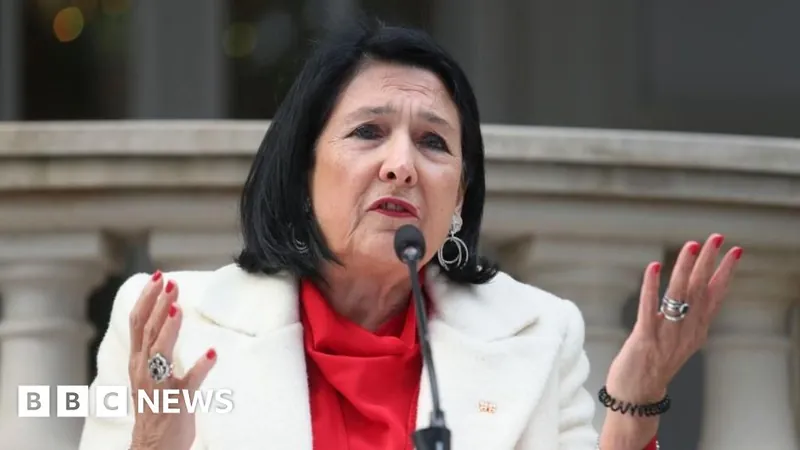
Chaos in Georgia: Outgoing President Salome Zourabichvili Fights Back as Successor Takes Office Amid Nationwide Protests
2024-12-29
Author: Ying
In a dramatic turn of events, Georgia's outgoing president, Salome Zourabichvili, has defiantly refused to step down after the inauguration of her successor, Mikheil Kavelashvili, which took place amidst widespread protests in Tbilisi. Thousands of demonstrators took to the streets, voicing their dissatisfaction with the ruling Georgian Dream party, which has been criticized for its increasingly authoritarian tendencies.
Mikheil Kavelashvili, a former professional footballer and only candidate for the presidency, was sworn in during a closed ceremony attended by family and top officials, including Prime Minister Irakli Kobakhidze. His inauguration comes at a precarious time for Georgia, as the government recently suspended its application to join the European Union— a move that sparked outrage among many citizens who prioritize EU integration.
Zourabichvili, who has referred to herself as the 'only legitimate president,' addressed the crowd stating that she would vacate the presidential palace, but labeled Kavelashvili's ascension as illegitimate. 'This building was a symbol only as long as a legitimate president was sitting here,' she declared, as the divide between her supporters and the ruling party widened.
Georgia’s political landscape has been fraught with turmoil since the Georgian Dream won the parliamentary elections in October, marred by allegations of electoral fraud. This claim has prompted a series of protests calling for accountability and democratic integrity. Kavelashvili, representing a party that has faced criticism for passing laws resembling those of Russia—targeting media and NGOs—claims to uphold the country’s traditions and values, yet dissent against his leadership grows.
Significant resistance has come from the four main opposition groups, which have dismissed Kavelashvili's presidency, opting to boycott parliamentary proceedings. Zourabichvili had previously denounced Kavelashvili's election as a 'travesty,' reflecting the distrust brewing within the nation.
The protests intensified after the ruling party announced that it would not pursue EU accession talks until 2028, leading to clashes with riot police, who deployed tear gas and water cannons against protesters armed with fireworks and stones. Demonstrators formed human chains across the city, displaying flags of both Georgia and the EU, in a powerful statement against governmental inaction towards Euro-integration.
One protester shared their commitment to fighting for Georgia's sovereignty, saying, 'I am out in the street together with my whole family trying somehow to tear out this small country from the claws of the Russian empire.' This sentiment highlights a broader fear that Georgia may be drifting under Russian influence, especially as the ruling party refuses to align with Western sanctions against Russia following its invasion of Ukraine.
The United States has taken action amidst the political turmoil, recently imposing sanctions on former Prime Minister Bidzina Ivanishvili, the billionaire founder of the Georgian Dream party.
As Georgia continues to grapple with its path forward, one thing remains clear: the struggle for democracy and a steadfast commitment to EU integration fiercely persists amongst the populace. The outcome of this political standoff will be crucial not only for Georgia’s future but for the broader geopolitical dynamics in the region as tensions with Russia remain high.
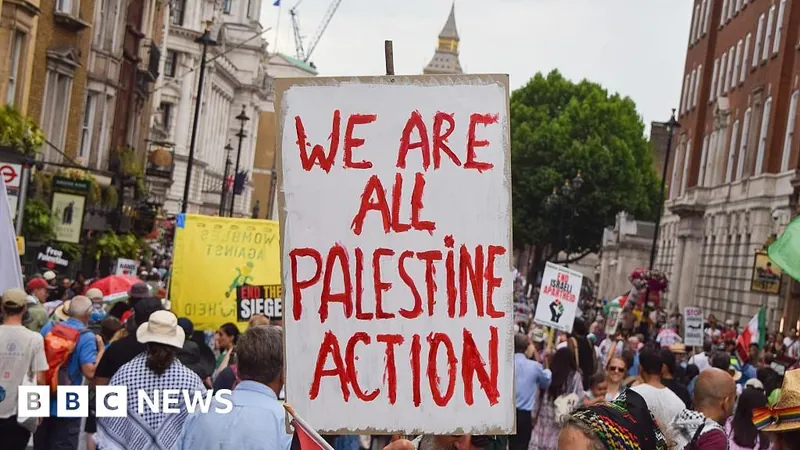
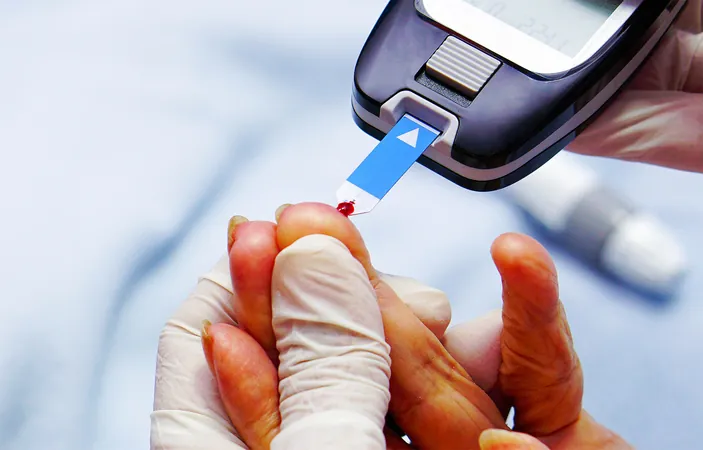
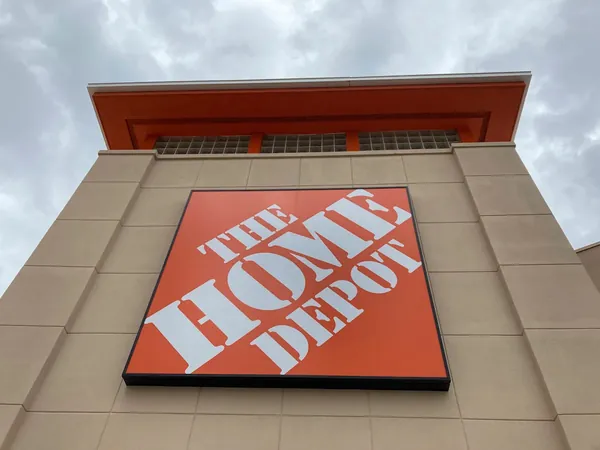
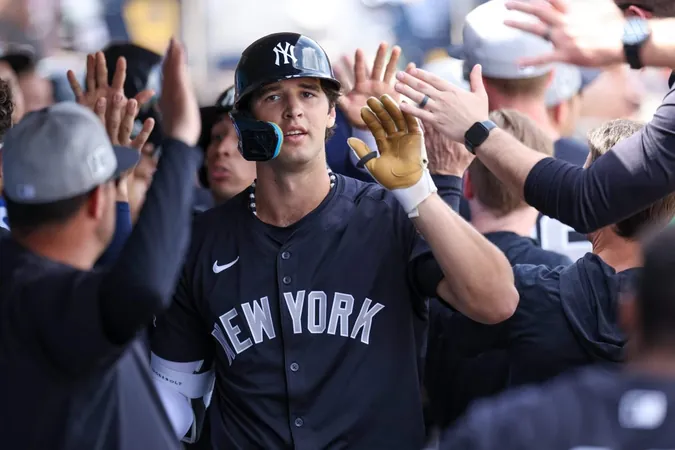
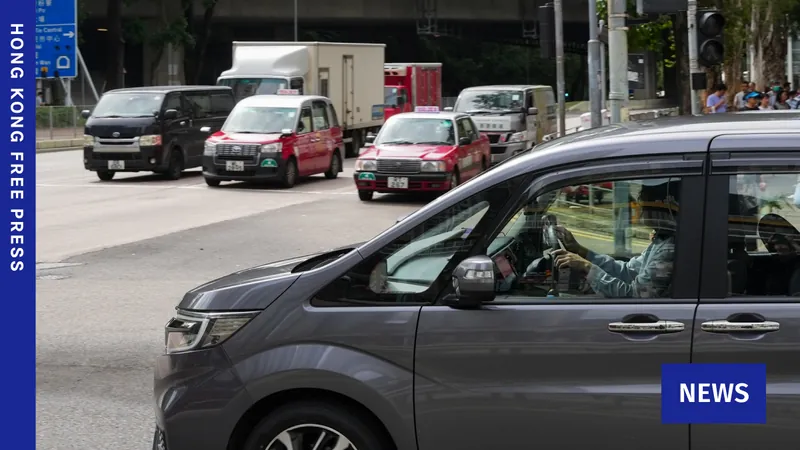

 Brasil (PT)
Brasil (PT)
 Canada (EN)
Canada (EN)
 Chile (ES)
Chile (ES)
 Česko (CS)
Česko (CS)
 대한민국 (KO)
대한민국 (KO)
 España (ES)
España (ES)
 France (FR)
France (FR)
 Hong Kong (EN)
Hong Kong (EN)
 Italia (IT)
Italia (IT)
 日本 (JA)
日本 (JA)
 Magyarország (HU)
Magyarország (HU)
 Norge (NO)
Norge (NO)
 Polska (PL)
Polska (PL)
 Schweiz (DE)
Schweiz (DE)
 Singapore (EN)
Singapore (EN)
 Sverige (SV)
Sverige (SV)
 Suomi (FI)
Suomi (FI)
 Türkiye (TR)
Türkiye (TR)
 الإمارات العربية المتحدة (AR)
الإمارات العربية المتحدة (AR)